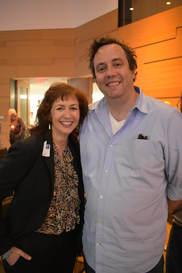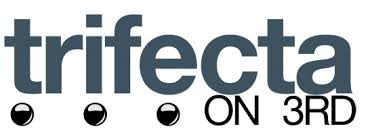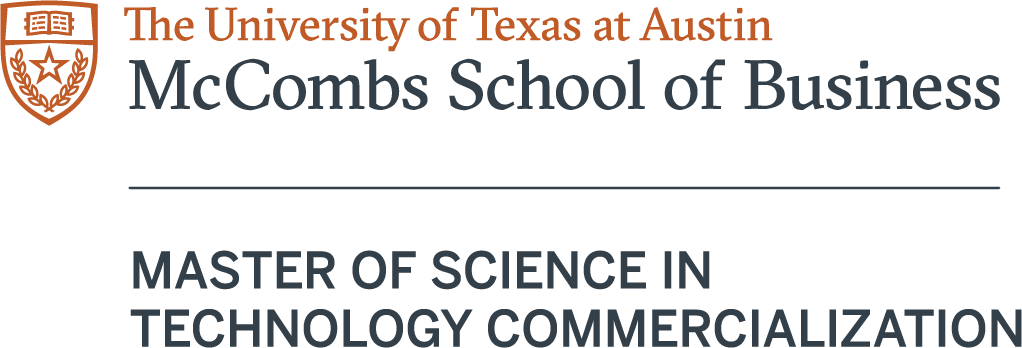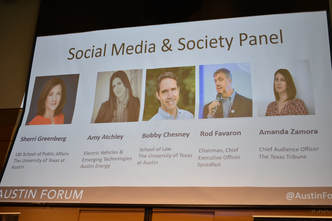 May 2018 Here’s what Happened at the Austin Forum in May Thank you to everyone who attended our event at the Central Austin Library, and to our moderator Sherri Greenberg, LBJ School of Public Affairs, The University of Texas at Austin, and our terrific panel - Amy Atchley, Electric Vehicles & Emerging Technologies, Austin Energy; Robert Chesney, School of Law, The University of Texas at Austin; Rod Favaron, Spredfast; and Amanda Zamora, The Texas Tribune. Missed the event? Catch up here... 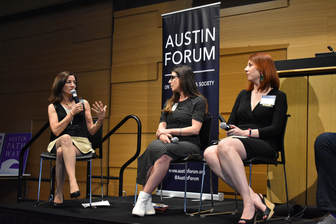 Top 5 Takeaways 1. Social media is a TWO-way channel for companies, organizations, and brands – it’s the first real two-way channel they’ve had with audiences since the telephone. That means they can deliver their stories directly to customers through advertising, and that their advertising is especially effective because they have so much more information about every potential customer, and they can be sure to deliver ads tailored to individuals in a way they never could before. As long as customers buy their product and help build their brand based on what messages they see in socials, businesses will continue to collect and use that data. As one panelist put it, “For every Cambridge Analytica selling data, there’s a politician buying it.” 2. Social media companies likes Facebook have an opportunity, as well as a social responsibility, to help find a model that serves both those using their platforms, as well as the companies that feed their bottom line. Just as Volvo patented the 3-point seatbelt we all use every day, then donated the design for free to all other manufacturers, the big players in the social media space should share any tools they develop that are useful for personal privacy protection. 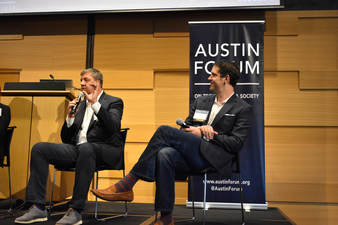 3. Progress by individual companies is already being made; for example, in just the last few weeksFacebook has revoked access to its platform for more than 2,000 developers who were not following its usage policies, but outside regulation is still needed. In this case, “regulation” is a broad term for varying degrees and types of boundaries and guidelines. Rigid restrictions governing every possible social media element are generally not seen a good thing; however, some types of information, like personal health data, deserve protection. We’re still seeking the right balance of rules around these relatively new technologies and behaviors. After all, it took 60+ years for seatbelt regulations to be enacted after the first cars, and once seatbelts were required equipment, it took a few more decades to require people to wear them – and that’s when the real benefits began to be realized. We’re still in the early stages of social media regulation. 4. Social media accomplishes many good things, including increasing philanthropy. For a great example locally, check out I Live Here, I Give Here and Amplify Austin’s Day of Giving. The event, held in a 24-hour period each March, leverages social media to raise millions of dollars in donations for participating Austin charities. 5. The one thing all panelists agreed on at the end of the night was that everyone should take personal responsibility for their privacy settings. Check your settings for every social media service that you use. Do not share data you won’t want to share, with parties you don’t want to share it with. It’s not as hard as you might think to you disable access that you may have naively approved in the past. You don’t have to allow apps to know your location if it doesn't help you, and you can use an email-based ID instead of Facebook or Google authentication (it takes a few more seconds to log in that way, but panelists agreed it was worth it). There are great resources online to limit your data sharing, if you choose. Here are a few:
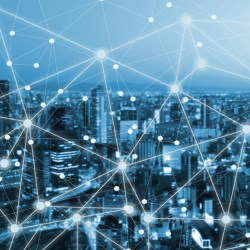 Join us on June 5th for The Internet of Things (IoT): Realizing the Potential of Billions of Connected Devices. The Internet of Things (IoT) refers to the connectedness of computers and other devices that enables them to share data and work together, potentially enabling and automating new kinds of applications and improvements to our lives, infrastructure, and more. From automated homes, buildings and factories to enhanced traffic flow with autonomous cars and connected signals, from fully connected health data across personal devices and doctors to smart cities that monitor safety, energy usage, and more, the benefits of connected devices are huge. In this event, Rhonda Dirvin of ARM will cover the technologies that are making the IoT a reality, and guest speakers will provide several examples that demonstrate its power to reshape our lives, jobs, and society. Tuesday, June 5, 2018 6:15 PM – 8:30 PM Austin Central Library 710 West Cesar Chavez Street Austin, TX 78701 Admission to the Austin Forum is always free. HELP US CLOSE AUSTIN’S DIGITAL DIVIDE
The Austin Forum accepts donations of used smart phones and tablets at all our events. Donated devices get a factory reset and are set up as new by the team at Austin Pathways’ nationally-recognized “Unlocking the Connection” initiative, which connects every public housing resident with a digital device, digital literacy, and a free or very low-cost internet connection. Your donated smart phone can change lives and help close Austin’s digital divide, thanks to Austin Pathways.
0 Comments
Your comment will be posted after it is approved.
Leave a Reply. |

